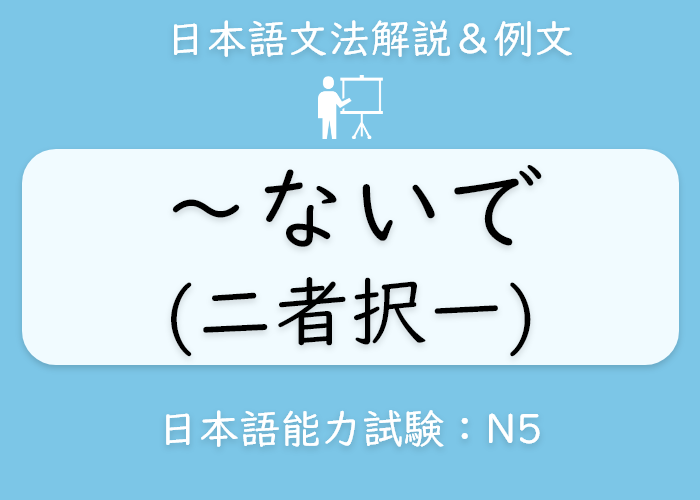.png)
「Vなくて(理由・原因)」の説明を英語・イラスト付きで説明します。
●意味:
理由・原因を表す。
Indicates a reason or cause.
●接続:
V(ない形)くて+気持ちの言葉
●日本語能力試験:
N4
●備考:
〇「から」「ので」より弱い。
Weaker than "kara" and "node".
〇後ろの文は「気持ちの言葉」であること。
The sentence behind should be "feeling".
〇「気持ちの言葉」:「楽しい」「面白い」「困ります」「残念」「大変」「心配」「寂しい」「嬉しい」「びっくり」「がっかり」「安心」「悲しい」「恥ずかしい」など
Words of feeling: "tanoshii," "omoshiroi," "komarimasu," "zannen," "taihen," "shinpai," "sabishii," "ureshii," "bikkuri," "gakkari,"
"anshin," "kanashii," "hazukashii," etc.
●富士山が見えなくて、がっかりしました。
I was disappointed that I couldn't see Mt. Fuji.
●旅行に行けなくて残念でした。
I'm sorry that I couldn't travel.
●お金がなくて心配です。
I don't have any money and I'm worried.
●彼女と会えなくて寂しいです。
I miss her.
●死んだ人がいなくて安心しました。
I'm just relieved that no one died.
●仕事が終わらなくて大変でした。
It was hard to finish the job.
●英語が全然わからなくて大変でした。
It was hard because I didn't understand any English.
●小さい字が読めなくて困りました。
I had trouble reading the small letters.
.png)








©copy right Langoal. All Rights Reserved.